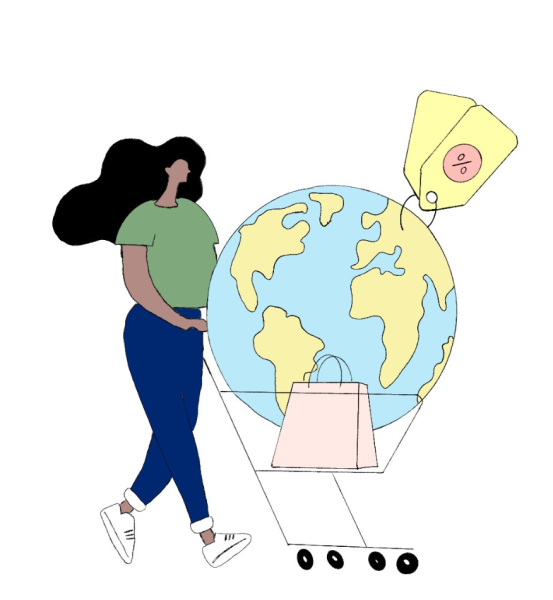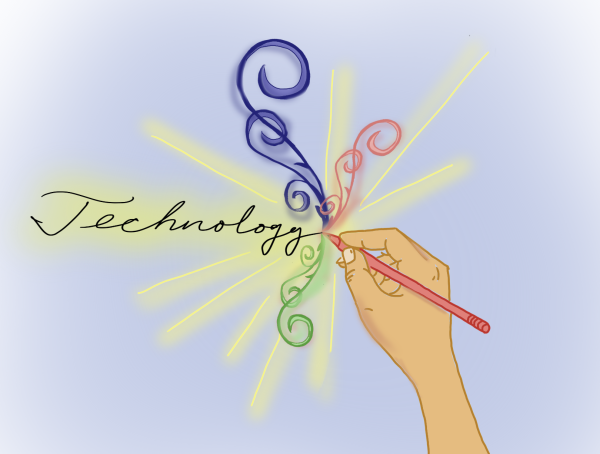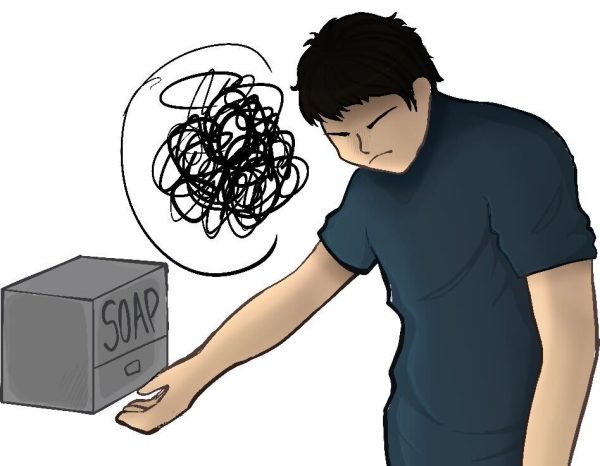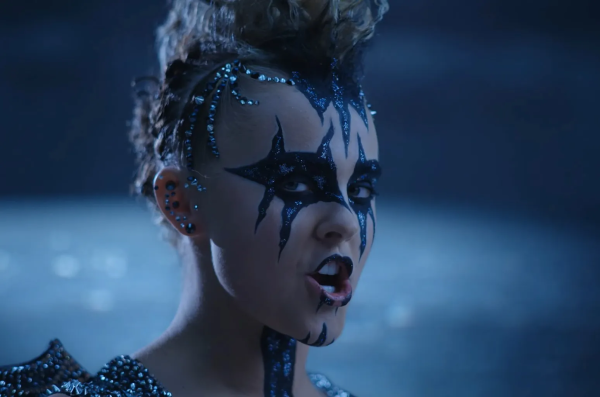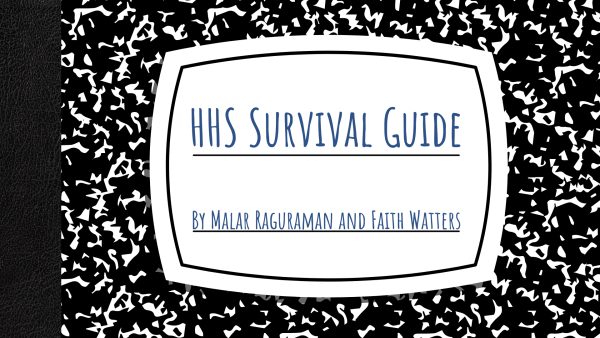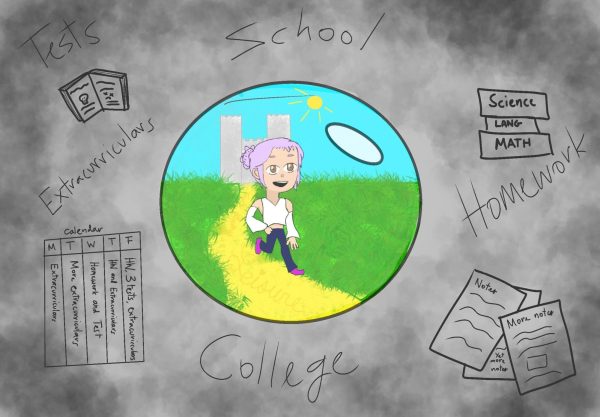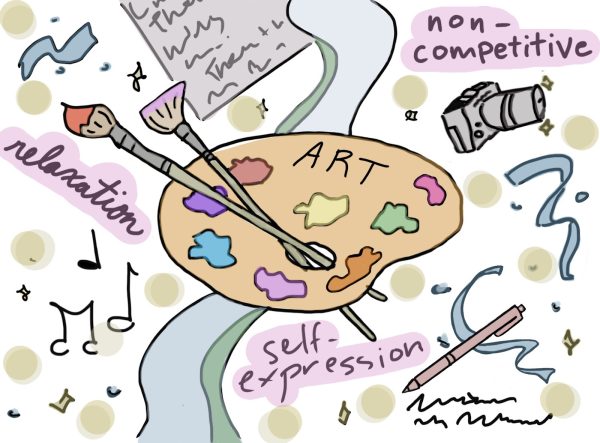Stereotyping is harmful, contributes to increasing inequality, injustice
Stereotypes are a normal occurrence in our society and group people based on looks, gender, age, and sexuality. Stereotyping leads to social categorization, which then leads to prejudice, according to Simply Psychology website.
Stereotyping can be seen commonly in the media. American movies starring Latino actors often have the actors play a role where they are uneducated, immigrants, or a part of a gang.
This stereotype is shown in the movie “Blood in blood out,” a story about a young man who is half white and half Mexican. He goes to live with the Mexican side of his family, who are represented as gang members. The movie follows him as he adapts to this gangster life to survive.
Another movie, “Maid in Manhattan,” shows a Latina maid who works in a hotel and falls in love with a rich white man. A large percentage of the other hotel housekeepers in the film are Latina.
Movies like these reinforce the stereotype that Latinos cannot hold high power jobs. This results in a false understanding of Latinos in the workforce, causing the stereotypes to be applied to Latinos in real life.
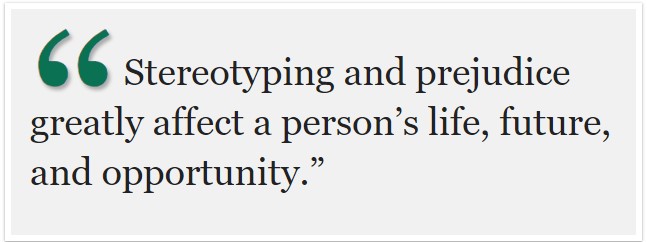
However, stereotypes don’t stop with the media.
A study by Georgia Tech University revealed that resumes with white-sounding names get more callbacks than resumes with Black sounding names, even if the resumes are otherwise identical.
This is a direct result of the harmful stereotypes surrounding Black people. As a result, Black community members have to mask their race and “whiten” their resumes when applying for jobs, according to an article in The New York Times.
The article found that job applicants alter Black or African sounding names to sound more white to remain competitive in the job force. They also tend not to include colleges that are predominantly Black or anything else that might reflect their race.
In the same article, The New York Times reported that Yvonne Orr, an African-American woman looking for a job, did not include the position she held at an African American non-profit organization in her resume.
Orr suggested that her friend, who was struggling to find a job, change her name. Heeding her friend’s advice, Tahani Tompkins started writing her name as T.S Tompkins on her job applications.
These stereotypes aren’t only applied to Black applicants. Many minorities face discrimination in the workforce, due to stereotypes. Even when a company claims to be pro-diversity, minority applicants still report that the race on their resume causes them to be rejected, according to a study by Harvard Business School.
Researchers created resumes for Black and Asian applicants, with some resumes including race and others whitened. After sending the resumes to 1,600 open jobs, the whitened resumes for Black and Asian applicants got called back twice as much or more than did the applicants that included race.
This ideology is extremely harmful to society, especially when people in positions of power believe in the stereotypes, as they have the power to determine someone’s future.
Stereotyping and prejudice greatly affect a person’s life, future, and opportunity, causing injustice. The damaging effects stereotyping has will cause social deterioration and inequality. Stereotyping needs to stop now.



